- Home >
- Public Record >
- Courts
School administrators add comments to school bus case
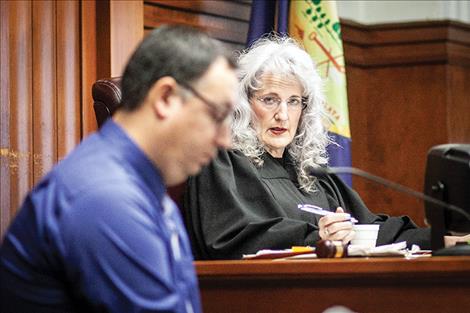
Nicole Tavenner
District Court Judge Kim Christopher listens to concerns from St. Ignatius school officials, including high school and middle school principal Shawn Hendrickson, above, regarding a proposed plea agreement for a former school bus driver who had exposed children riding his bus to methamphetamine through his drug activity.
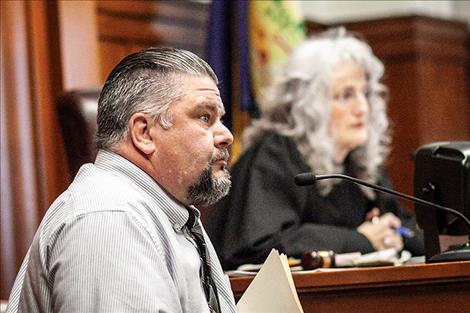
Nicole Tavenner
St. Ignatius Schools Superintendent Jason Sargent was one of three school officials asked to speak on the record about their concerns regarding the plea agreement.
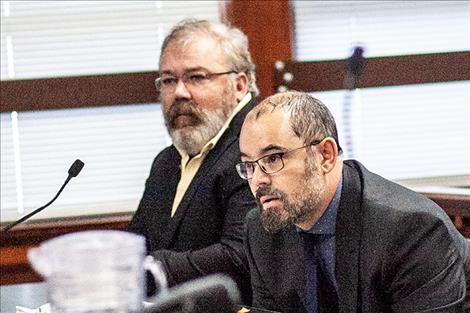
Nicole Tavenner
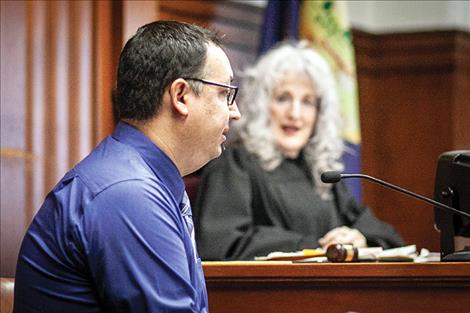
Nicole Tavenner
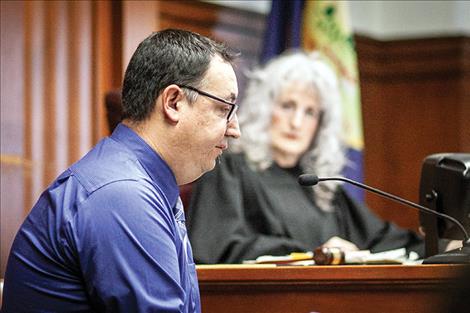
Nicole Tavenner
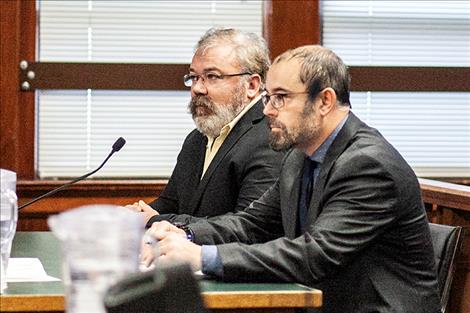
Nicole Tavenner
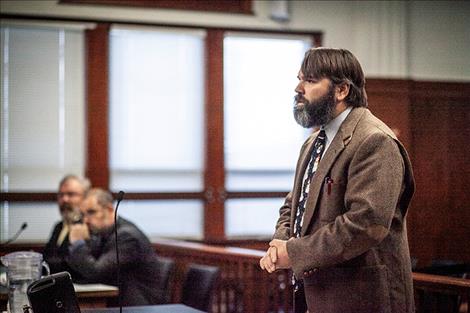
Nicole Tavenner
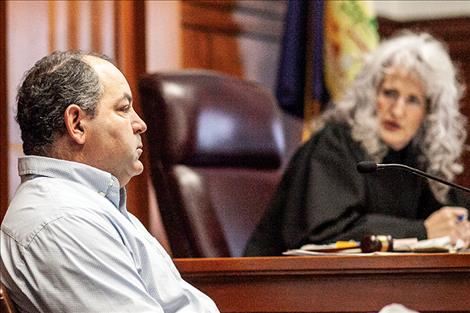
Nicole Tavenner
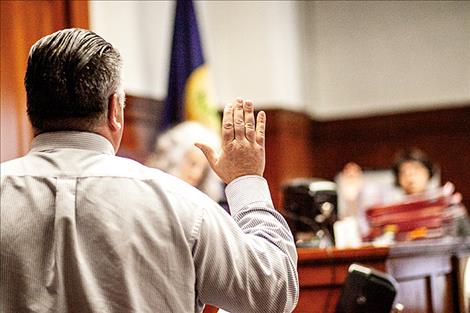
Nicole Tavenner
Issue Date: 11/14/2018
Last Updated: 11/13/2018 10:13:03 PM |
Story by Jeff Smith of Anderson Broadcasting for the Valley Journal
Keep Reading!
You’ve reached the limit of 3 free articles - but don’t let that stop you.















